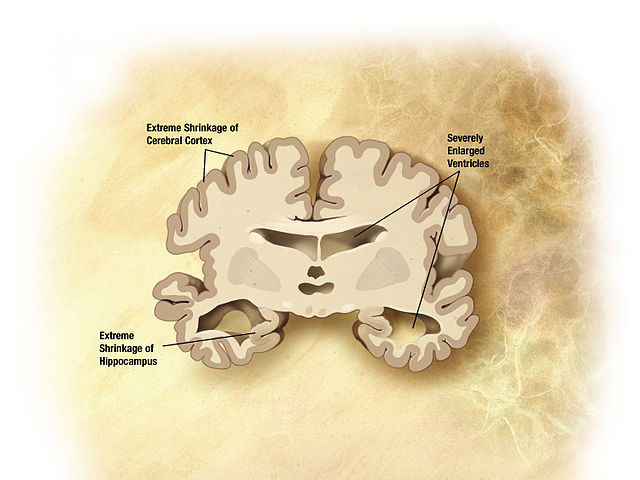Asthma drug a potential treatment for aging brains, according to new study

A new study has found that a drug originally intended for the management of asthma attacks has been found to rejuvenate the aging brain.
The study, conducted by researchers at Paracelsus Medical University in Austria and published in Nature Communications on Oct. 27, showed how the common asthma medication called montelukast can have a positive effect on the brains of older rodents.
For the study, researchers gave 10 mg of montelukast daily to rats that are four and 20 months old. According to Express UK, the older rats were 65 to 70 years old in human age.
The older rodents did not have dementia specific to their species, but they exhibited poor cognitive functions seen in aging humans.
To test the rats' memories, they were required to locate a platform in a water pool and this has been done over different days to test out those that can or cannot remember.
When given for a period of six weeks, the researchers found that montelukast improved memory and learning skills among the treated older rodents and they did greatly during the search tests.
It was also noted that the drug did not affect other activities and the psychiatric behaviors of the rodents from both groups.
The drug appears to work in various ways that helped reduce brain inflammation and support the regeneration of fresh neurons in the region of the brain known as the hippocampus.
Montelukast for the aging brain did not work when it was tested on young animals.
According to experts, the latest discovery on a long-existing drug should give hope to the many people who are suffering from dementia.
Since montelukast has long been sitting on the market shelves, its side effects are already known, according to Lancaster University Alzheimer's researcher Professor Christian Hölscher who told Express.
Hölscher also added that using montelukast in future clinical studies would be easier since it already carries license for use in humans.
Researchers of the latest discovery now aim to start with human clinical trials to see if montelukast can also affect aging human brains the same way it did with aging rodent brains.











